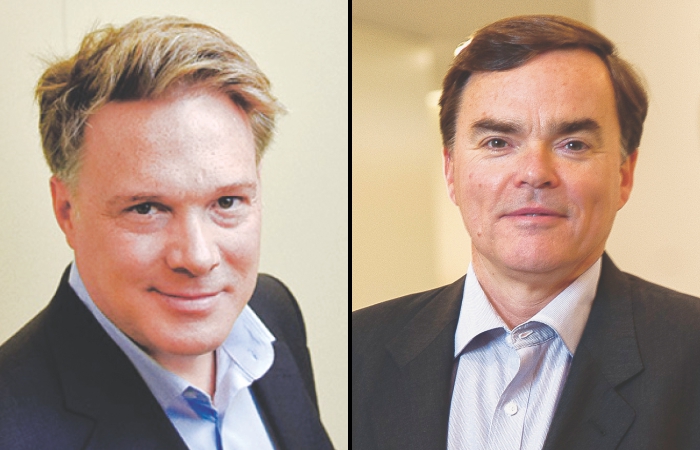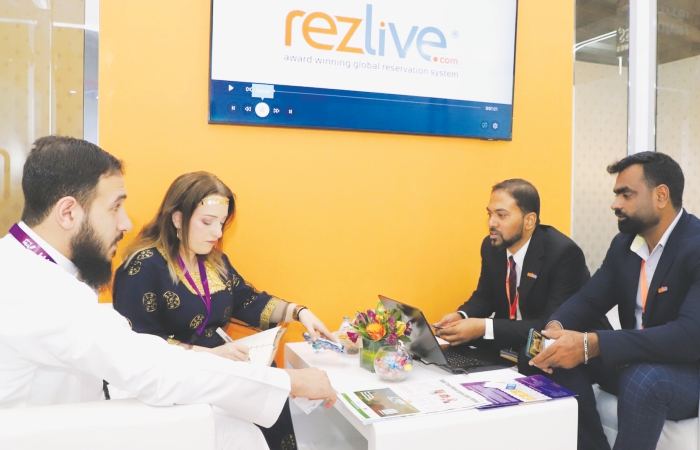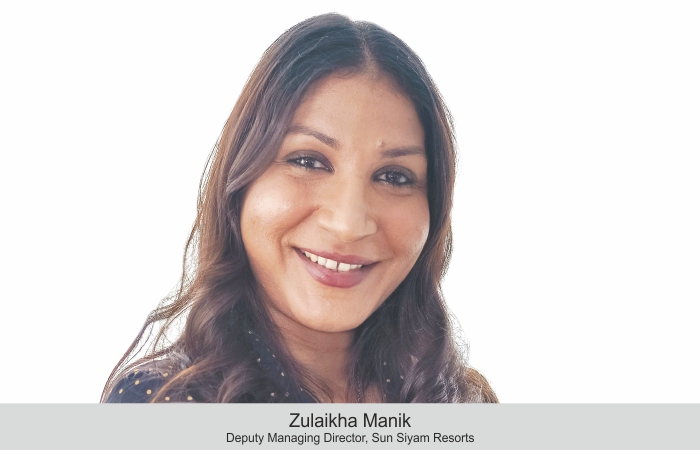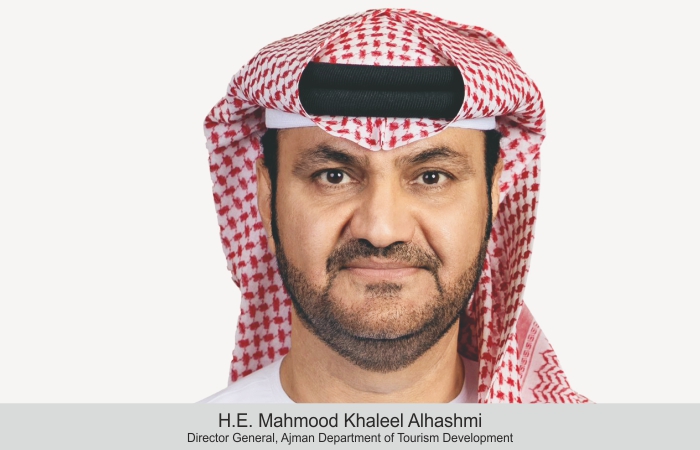More than two billion people around the world have accessibility needs due to disability and age. Yet, a new global study released by Amadeus reveals that most of their needs are not being fully catered for by either the travel industry or the public sector, with accessible travel being taken for granted by travellers.
TT BUREAU
According to the report “Voyage of discovery: Working towards inclusive and acces-sible travel for all”, one of the biggest barriers to accessible travel remains inaccurate or incomplete information being available, coupled with a lack of skilled customer service. The report also shows that travellers with accessibility needs increasingly now expect these to be met as part of the mainstream service and at no extra cost. The role of technology in accessible travel is becoming more important, with specific developments such as voice recognition starting to be seen as commonplace.
Within the Middle East, providing equal rights and services to people of determina-tion has risen on the public sector’s agenda in recent years. In countries like the UAE, initiatives such as the Dubai Disability Strategy 2020 (DDS) aim to enhance Dubai’s global status by securing full and equal rights of the determined ones and ensuring that they are able to thrive in an inclusive environment with suitable, accessible and quality services in healthcare, education, employment, and more.
When it comes to travel, the latest Amadeus study also finds: The overall travel experience and how this is adapted to different needs is rated at just 6.2 out of 10; The least satisfactory areas with regards to accessibility are those related to railway stations and the most satisfactory area is accommodation; Travelling by plane is the preferred transportation method.
The study highlights that transitioning to an accessible travel-friendly environment for all will require the improvement of many aspects.
Moreover, standardised content and services would increase consistency across the industry ensuring clarity in the type of services that any customer could expect. There is an opportunity in tandem for a more personalised travel experience so that each travel segment is tailored to the individual and their specific needs, the report says. Finally, the research recommends further collaboration between the private and public sectors to meet the expectations of travellers with accessibility needs.
“Lifting barriers to travel, personalising the travel offer, using technology to further facilitate travellers’ experiences and creating more accessible infrastructure where people can navigate autonomously will benefit everybody,” comments Alex Luzárraga, VP, Corporate Strategy, Amadeus.
“We are committed to sustainability in the travel industry,” says Tomas López Fernebrand, Senior VP, General Counsel & Corporate Secretary, Amadeus. “Accessibility is a key element, and a powerful tool to broaden people’s access to travel. Technology has a key role to play as an enabler in this. It is also necessary to work together with consumers and the private and public sectors to consolidate industry standards that ensure accessible travel for all becomes a reality.”
 TravTalk Middle East Online Magazine
TravTalk Middle East Online Magazine





